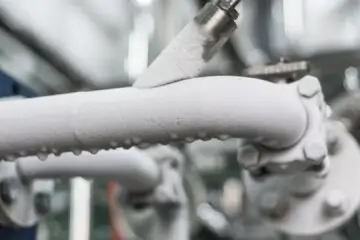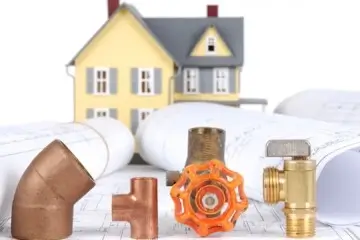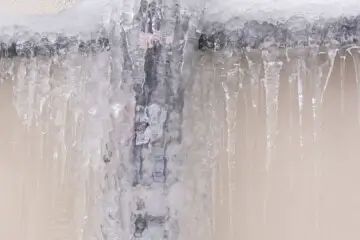When your pipes freeze, act swiftly to prevent damage. Insulate pipes, seal cracks, and allow warm air circulation. Avoid open flames for thawing. Act promptly to prevent burst pipes. To thaw, start quickly with a hairdryer or heat lamp. Seek professional help if unsure. Look for signs like frost and odors. Locate and turn off the main water valve to prevent flooding. Insulate exposed pipes with sleeves or tape. Prevent frozen water to avoid bursts. For more tips on thawing, shutting water supply, and insulating, find further solutions below.
Contact CAN Plumbing and Drainage for all your Pipe Needs
When faced with frozen pipes, contacting CAN Plumbing and Drainage in Mississauga is the key solution for all your pipe needs. Pipes freeze due to cold temperatures, leading to potential water damage and the need for a plumber. To prevent frozen pipes, insulate them properly, especially in unheated areas. If you encounter frozen pipes, avoid using open flames to thaw pipes and instead use a hairdryer or heating pad. Water leaks from burst pipes can cause significant damage, so it’s vital to act swiftly. CAN Plumbing and Drainage offers professional services to help thaw frozen pipes, prevent future incidents, and repair any water damage that may have occurred. Trust us to handle all your pipe-related issues efficiently and effectively.

CAN Plumbing and Drainage Services Related to Pipes
At CAN Plumbing and Drainage Services in Mississauga, we specialize in addressing issues related to frozen pipes and clogged pipes. Our expert plumbers in Mississauga is equipped to handle the thawing of frozen pipes and the clearing of any blockages that may be causing disruptions to your plumbing system. Contact us to provide efficient solutions to keep your pipes flowing smoothly.
Frozen Pipes
During the winter months, our team often comes across frozen pipes that require immediate attention to prevent costly damage and inconvenience. To avoid pipes from freezing, it’s crucial to insulate water pipes in unheated areas, seal any cracks or holes where cold air may enter, and allow warm air to circulate around exposed pipes. When dealing with frozen pipes, avoid using open flames to thaw them, as this can harm the pipes. Instead, use a hairdryer or heating pad to slowly thaw the affected area. If a pipe bursts due to freezing conditions, turn off the water supply right away to prevent further damage and leaks. Regularly checking the water pressure in your pipes can also help identify potential issues before they worsen.
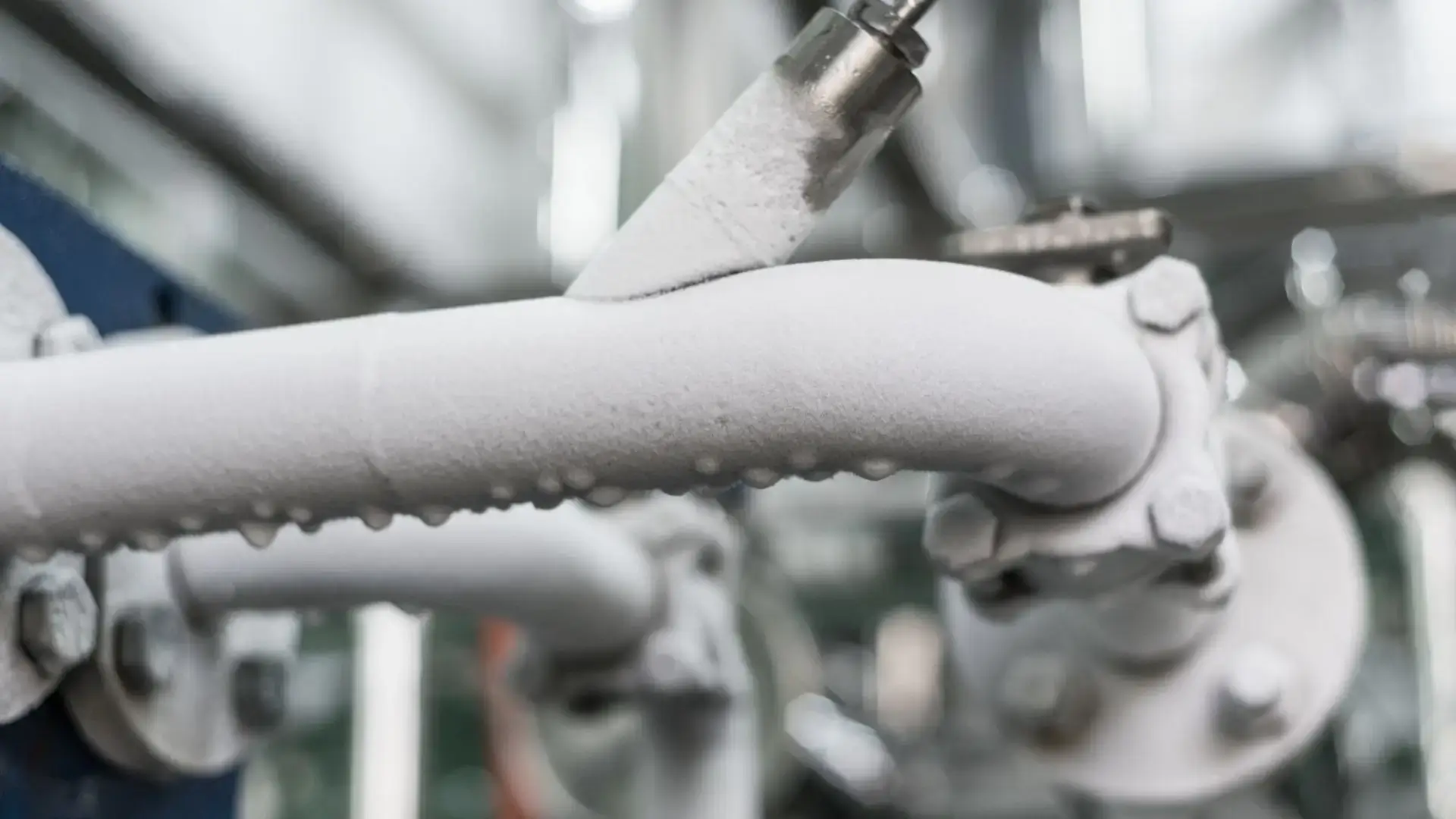
Clogged Pipes
When facing clogged pipes, our plumbing and drainage services utilize specialized techniques to effectively restore proper flow and prevent future blockages. It is crucial to address clogged pipes promptly to avoid potential damage, especially in basements and crawl spaces where the risk of water damage is higher. Our team ensures that water pressure is restored by thawing the ice causing the blockage, allowing water to flow freely again. Additionally, we meticulously check for leaks that may have developed due to increased pressure from the blockage. Trust our expertise to keep your pipes clear and your water flowing smoothly.

Signs of Frozen Pipes
Detecting frozen pipes in your home can be crucial in preventing costly damage and disruptions. To identify frozen water pipes, watch out for signs like frost on the exterior of the pipe, unusual odors, or water that is trickling or not flowing at all. If only one pipe appears affected, it could be an indication that your pipes have frozen. Moreover, feeling for extremely cold spots along the pipe can point to freezing. Take action by using a thaw machine or an electric heating pad to prevent further freezing. Opening kitchen and bathroom cabinets can also aid in warming up the pipes. Recognizing these signs promptly can help you avoid potential water damage and inconvenience.
Thawing Frozen Pipes
When faced with frozen pipes, our main focus is on safely and efficiently restoring the water flow. To thaw frozen pipes, it is crucial to start the thawing process promptly upon noticing the issue. You can use a hairdryer, heat lamp, or electric heating pad to apply gentle heat to the affected area. Thawing the pipes safely is important to prevent any damage. If you are unsure about how to proceed or if the situation appears complex, it may be best to seek professional assistance from plumbing services. By thawing the pipes promptly and safely, you can prevent further damage, avoid a high heating bill due to wasted water, and ensure the smooth return of water flow.
Turning Off Water Supply
To effectively turn off the water supply, locate the main water shutoff valve in your home. When dealing with freezing pipes, it’s crucial to act swiftly to prevent further damage caused by burst pipes. By turning off the water supply, you can minimize the risk of extensive water damage and potential flooding in your home. Find the main shutoff valve, typically near the water meter, and turn the valve in a clockwise direction to shut off the water flow. This quick step can help stop the water from circulating through the frozen pipes, reducing the likelihood of them bursting. Remember, acting promptly is key when faced with freezing pipes.
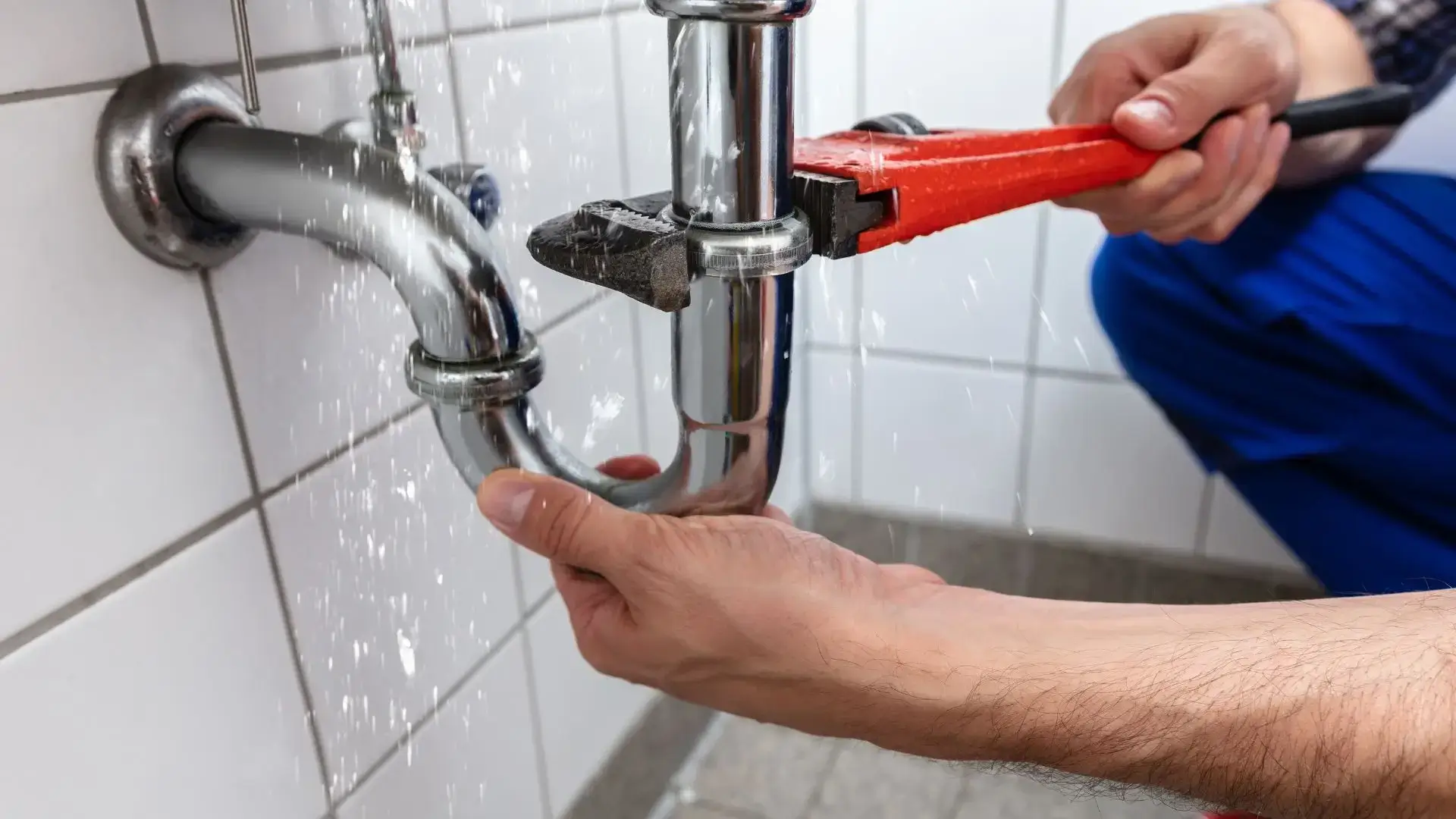
Insulating Exposed Pipes
In order to prevent damage from frozen pipes, the focus should now be on insulating exposed pipes to protect against potential issues. Insulation plays a crucial role in preventing water pipes from freezing. Begin by identifying any exposed pipes in unheated areas like crawl spaces, attics, or basements. Utilize pipe insulation sleeves or heat tape to cover these vulnerable areas. Ensure that the insulation is securely in place and completely covers the pipes to retain heat. Pay close attention to areas where pipes enter and exit the house, as these are common freezing spots. Properly insulating exposed pipes can effectively prevent water from freezing inside them and help avoid the costly consequences of burst pipes.
Calling a Professional
Seeking assistance from a qualified professional can provide valuable insight and solutions to address frozen pipe issues effectively. If you suspect a burst pipe or have already experienced one, it’s important to act promptly. The damage caused by burst pipes can be extensive, leading to costly repairs and potential harm to your home. If you want to prevent burst pipes or have concerns about existing ones, calling a plumber is advisable. A professional can assess the situation, identify vulnerable areas, and recommend preventive measures. By seeking expert help, you can mitigate the risk of burst pipes and minimize damage to your home. Don’t hesitate to contact a professional at the first signs of trouble to safeguard your property.
Frequently Asked Questions About Pipes Near Me
How Can I Prevent My Pipes From Freezing in the First Place?
To prevent pipes from freezing, insulate exposed pipes, seal drafts, and keep cabinets open to allow warm air circulation. Maintain a consistent indoor temperature, let faucets drip, and ensure warm air reaches pipes in cold areas to effectively prevent freezing.
Are There Any DIY Methods for Thawing Frozen Pipes?
There are DIY methods available for thawing frozen pipes. You can use a hairdryer, heat lamp, or hot towels to gently warm the pipes. It’s crucial to avoid using open flames or excessive heat that could potentially damage the pipes.
How Do I Know if My Pipes Have Burst Due to Freezing?
If your pipes have burst due to freezing, you may notice signs such as low water pressure, water discoloration, strange noises, or visible leaks. Take immediate action by turning off the main water supply, contacting a plumber, and assessing any damages promptly.
Can Frozen Pipes Cause Damage to Other Parts of My Home?
Frozen pipes can indeed cause significant damage to other parts of your home. When pipes freeze, the expanding ice can result in cracks or bursts, leading to water leaks that can impact walls, ceilings, and floors.
Are There Any Long-Term Solutions to Prevent Pipes From Freezing in the Future?
To prevent pipes from freezing in the future, one can insulate them, keep cabinets open for warm air circulation, seal any gaps or cracks, and let faucets drip during extreme cold. These proactive steps can safeguard against potential damage in the long run.
Please rate our website
Let us improve this post!
Tell us how we can improve this post?
